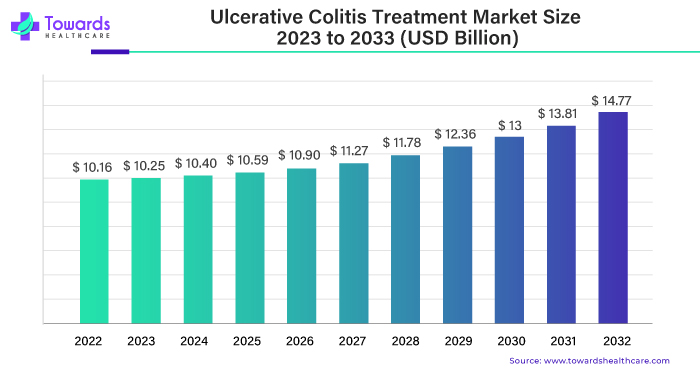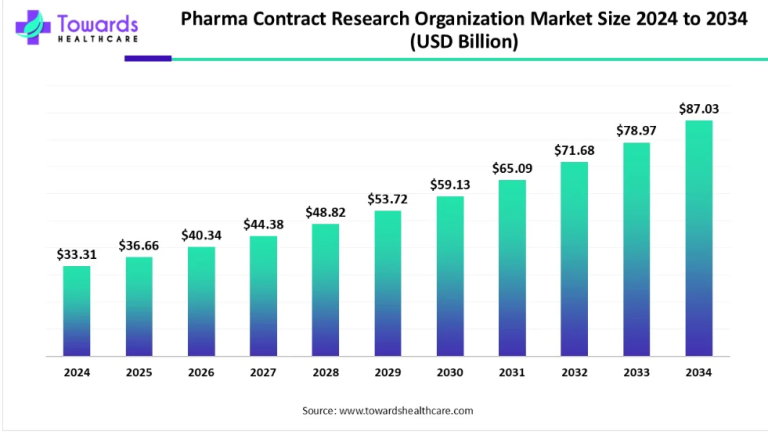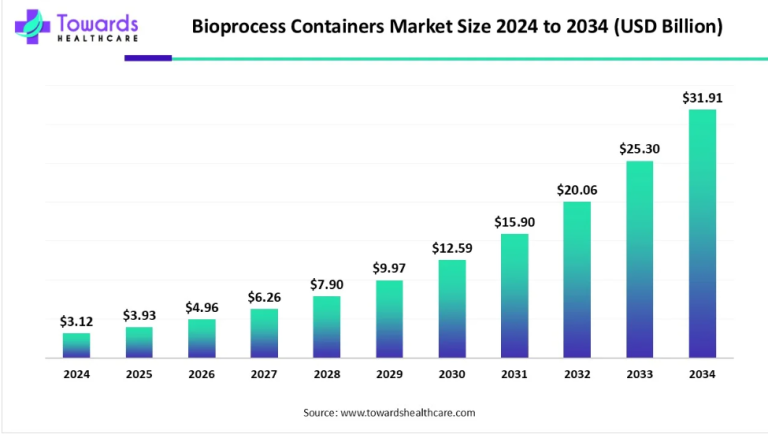
Understanding Ulcerative Colitis
Ulcerative colitis, a chronic inflammatory bowel disease, has been a significant health concern globally. It affects the large intestine (colon) and rectum, causing inflammation and ulcers in the digestive tract. The exact cause of ulcerative colitis remains unknown, but it is believed to involve a combination of genetic, environmental, and immune system factors.
Market Overview
The treatment market for ulcerative colitis has witnessed remarkable growth in recent years. In 2023, it reached a substantial value of USD 10.16 billion, reflecting the increasing prevalence of this condition and the growing demand for effective therapies. Moreover, the market is projected to maintain a steady growth trajectory, with a 4.1% Compound Annual Growth Rate (CAGR), surpassing USD 14 billion by 2033.
For any queries, we are there to solve them @ https://www.towardshealthcare.com/personalized-scope/5118
Challenges and Opportunities
Pancolitis: A Significant Challenge
Pancolitis, a severe form of ulcerative colitis that affects the entire colon, presents one of the most significant challenges in disease management. In 2023, it held a substantial 34% market share, underscoring the urgent need for innovative treatment approaches to address its complexities. Patients with pancolitis often experience severe symptoms, including persistent diarrhea, abdominal pain, rectal bleeding, and fatigue, which can significantly impair their quality of life.
Emerging Therapeutic Strategies
Despite the challenges posed by pancolitis and other forms of ulcerative colitis, the healthcare industry continues to witness the emergence of novel therapeutic strategies aimed at improving patient outcomes. These strategies encompass a diverse range of approaches, including:
Biologic Therapies
Biologic therapies, such as anti-tumor necrosis factor (TNF) agents and integrin inhibitors, have revolutionized the management of ulcerative colitis by targeting specific components of the immune system responsible for inflammation. These therapies offer a personalized treatment approach and have demonstrated efficacy in inducing and maintaining disease remission.
Janus Kinase (JAK) Inhibitors
JAK inhibitors represent another promising class of drugs for the treatment of ulcerative colitis. By inhibiting the activity of Janus kinases, enzymes involved in immune cell signaling, these agents help reduce inflammation and alleviate symptoms. Recent clinical trials have shown encouraging results, positioning JAK inhibitors as potential alternatives for patients who do not respond to conventional therapies.
Gut Microbiota Modulation
Emerging research has highlighted the role of the gut microbiota in the pathogenesis of ulcerative colitis. As such, interventions aimed at modulating the composition and function of the gut microbiota, such as probiotics, prebiotics, and fecal microbiota transplantation, hold promise as adjunctive therapies for disease management. These approaches aim to restore microbial balance, reduce inflammation, and promote mucosal healing in the colon.
Collaborative Efforts and Future Directions
Multidisciplinary Approach
Addressing the complex nature of ulcerative colitis requires a multidisciplinary approach involving gastroenterologists, immunologists, pharmacologists, and allied healthcare professionals. Collaborative efforts among stakeholders, including healthcare providers, researchers, pharmaceutical companies, and patient advocacy groups, are essential for advancing the field and improving patient care.
Precision Medicine
The advent of precision medicine has revolutionized the treatment landscape for ulcerative colitis, enabling tailored therapeutic strategies based on individual patient characteristics, including disease severity, genetic profile, and treatment response. By leveraging advanced diagnostic tools, such as genetic testing and biomarker analysis, clinicians can optimize treatment selection and monitoring, leading to better outcomes and enhanced patient satisfaction.
The fight against ulcerative colitis is intensifying, driven by advancements in therapeutic innovation, collaborative research efforts, and a growing understanding of disease pathogenesis. While challenges such as pancolitis pose significant hurdles, the emergence of novel therapeutic modalities and personalized treatment approaches offers hope for improved outcomes and enhanced quality of life for patients. Moving forward, continued investment in research, education, and patient-centered care will be pivotal in shaping the future of ulcerative colitis management.
To Own our Premium Research Study in Detail, Click here https://www.towardshealthcare.com/price/5118
Unlock Infinite Advantages: Subscribe to Annual Membership
Read More About Ulcerative Colitis Treatment Sector:



